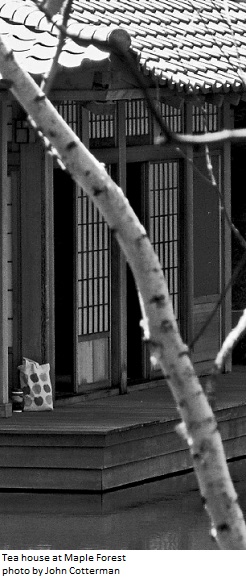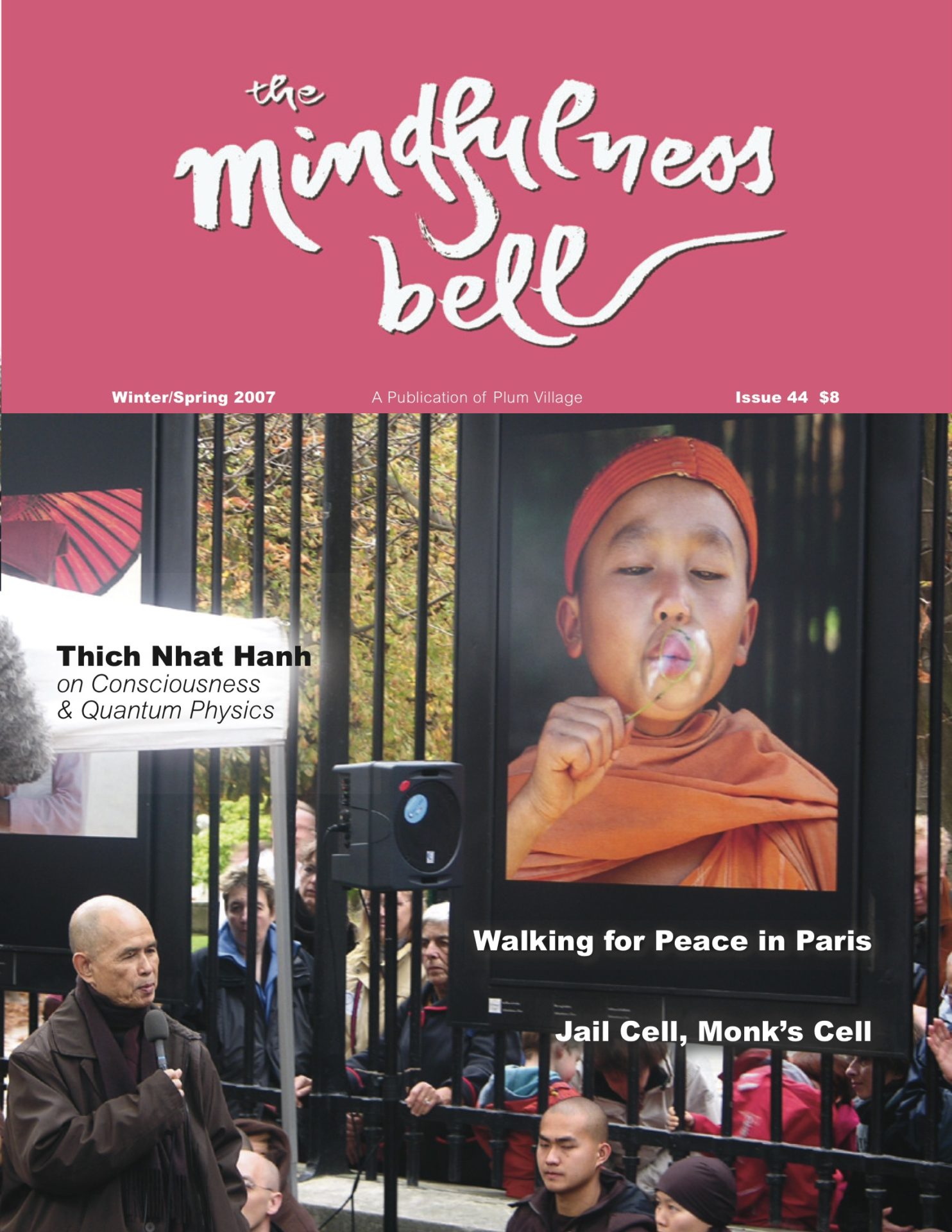
By Charles Suhor
It wasn’t until late in my career that I saw connections between my spiritual practice, deadlines, and deep listening to colleagues and friends. It wasn’t until retirement that I linked all of those things to what’s commonly called “hanging out.”
In the Workplace
My job was a traffic jam of timetables for meetings, reports, and publications. There was always something overdue and a dozen things that seemed unlikely to be completed on schedule.

By Charles Suhor
It wasn’t until late in my career that I saw connections between my spiritual practice, deadlines, and deep listening to colleagues and friends. It wasn’t until retirement that I linked all of those things to what’s commonly called “hanging out.”
In the Workplace
My job was a traffic jam of timetables for meetings, reports, and publications. There was always something overdue and a dozen things that seemed unlikely to be completed on schedule. I was deputy director of the National Council of Teachers of English, a group with 70,000 members and a staff of about eighty. Part of my work was absorbing discontent for the boss and interpreting both sane and silly organizational policies for constituents and staff members who had questions or problems. It wasn’t a rat race, but it surely was a race.
But the work was enjoyable, and it was solidly in the realm of right livelihood. This was a nonprofit organization dedicated to serving teachers and improving classroom instruction. Daily meditation and contemplative reading helped to bring mindfulness to the everyday clutter of work. Thich Nhat Hanh’s words were instructive: “During the moment when someone is consulting, resolving, and dealing with whatever arises, a calm heart and self-control are necessary.”
Even so, in the rush of things I often sensed a lack of easeful presence when working one on one with colleagues. When a co-worker came to my office, I often had a vague feeling that something else was looming on the horizon. I felt a need to address the matter at hand with intelligent dispatch so we could both move on to other tasks, like talking to someone at a party and being tempted to look over their shoulder to see if anyone more important was in the room.
This habit was broken when we got a new CEO. He would stop whatever he was absorbed in when I came to the door, invite me in, and sit for as long as I needed to talk through the matters at hand. More importantly, his relaxed demeanor gave the impression that nothing was more urgent than discussing my concern. Even when rejecting a proposal, he did so with a full sense of presence and no hint of a dismissive attitude.
This helped me question a deeply ingrained idea in our culture, the notion that my train of thought will be irretrievably broken if interrupted.
Ego alert! How important to the rumblings of the universe are my treasured ideas? And how hard is it, really, to get back into the flow of paperwork if I put it aside to talk to a real human being? I was surprised to find that it wasn’t all that difficult. You just do it. The idea of my train of thought was just another habituated mental shackle to avoid acknowledging that I didn’t want to be disturbed. With right effort I could simply stop the train and reboard it after talking to a colleague.
As it turned out, when I set the work before me aside I was happy to be released from it for a while, and I welcomed my colleagues wholeheartedly. I felt better, and the good feeling resonated with them. I moved from a sense of forbearance during these visits to feelings of freedom and loving kindness. And I was reminded of something I already knew. I liked these people, and I hadn’t been fully participating in the pleasure of their company. I could rest in the insight of Taizan Maezumi Roshi: “Deadline after deadline? There is no deadline! Each moment is a beginning as well as an end, not a goal or deadline set up by someone else.”

In Retirement and at Leisure
Obviously, “hanging out” isn’t a technical term. We all recognize it as something like open-ended conversation with others in a leisurely setting, either with no agenda or a general intention to talk about things of common interest as they occur.
For decades a busy family and professional life left me with little time for the kind of hanging out (except within the family circle) that I did in college and my early working years. Yes, there can be some grand, stolen moments and hours during the work year. You book a no-agenda lunch with a close friend and enjoy the spiritual high of intensive talk. You hang out with colleagues at the hotel after a twelve-hour day of conventioneering and unwind with friendly banter.
My leisure time in retirement opened new opportunities for hanging out. Conversations can go on, loosely knit, with no inclination to glance at the watch or mentally rehearse the next appointment. This isn’t limited to spending time with family and friends. If you’re a hobbyist, it’s hanging out at your favorite store and getting deeply into your common interests with a stranger. Or it’s the simple wonder of meeting someone new in a coffee shop, striking up a conversation, and learning something about a topic you didn’t think would interest you. I came to recognize that the camaraderie in these chance encounters resembled the feeling of welcome in office visits and the after-hours hanging out with colleagues during my work years.
Hanging out is not the same as “frivolous speech and idle chatter” that the Buddha cautioned against. When conversations are vain and superficial, our inner state is at first discomfiting, then painful. But the airy content of hanging out isn’t mere vacuous banter. Hanging out, like all talk in which compassionate engagement is the starting point, is experienced as a kind of background music for metta, the sending of loving intentions. With mindfulness, you become readily aware if the conversation drifts towards gossip, competition, manipulation, or other dissonance that unsettles the noble intention of right speech.
A Householder’s Skillful Means
The Buddha distinguished between the regimens of the monk and those of the householder, whose practice also embraces family life, livelihood, and interaction in the larger society. As Bhikkhu Bodhi says, “Lay persons will have more need for affectionate small talk with friends and family, polite conversation with acquaintances, and talk in connection with their line of work.”
I believe that hanging out is a householder’s skillful means, similar to a balanced work ethic, creative sex, and serious engagement in public discourse. The peace of connecting with each other through verbal interchange at work and at leisure is worthy of lay people’s special attention and cultivation. Granted, as householders we’re less likely to be able to associate daily with devotees and other guides to spiritual development. On the other hand, when we hang out we can look for, or often trip upon, the center of transcendence in a stranger. If that sounds unlikely, pull up a chair, friend, and we’ll talk about it for a while.
Charles Suhor lives in Montgomery, Alabama, “a place well-suited for the practice of engaged Buddhism,” and where he convenes a weekly meditation group at the Unitarian Universalist fellowship.

